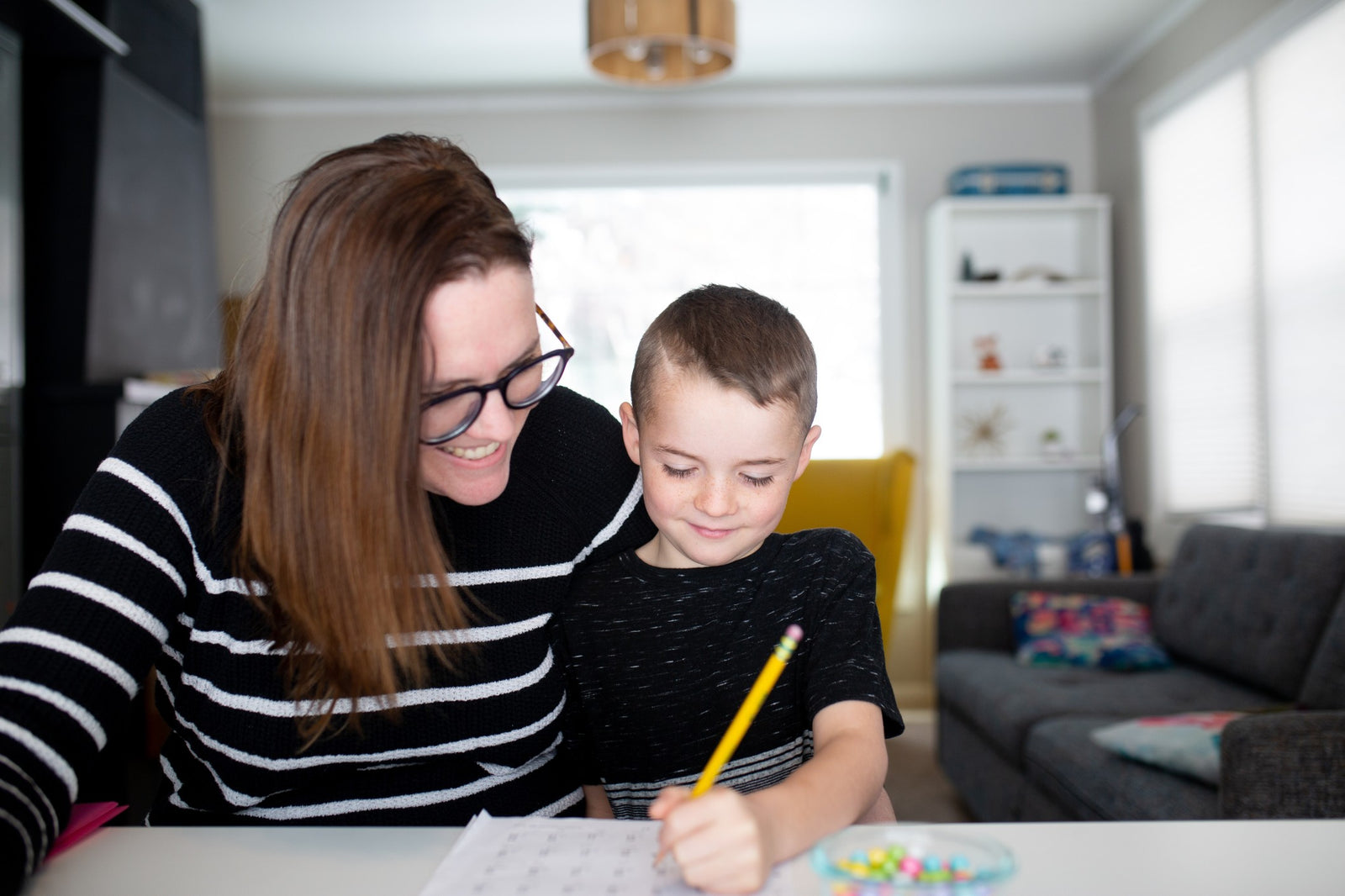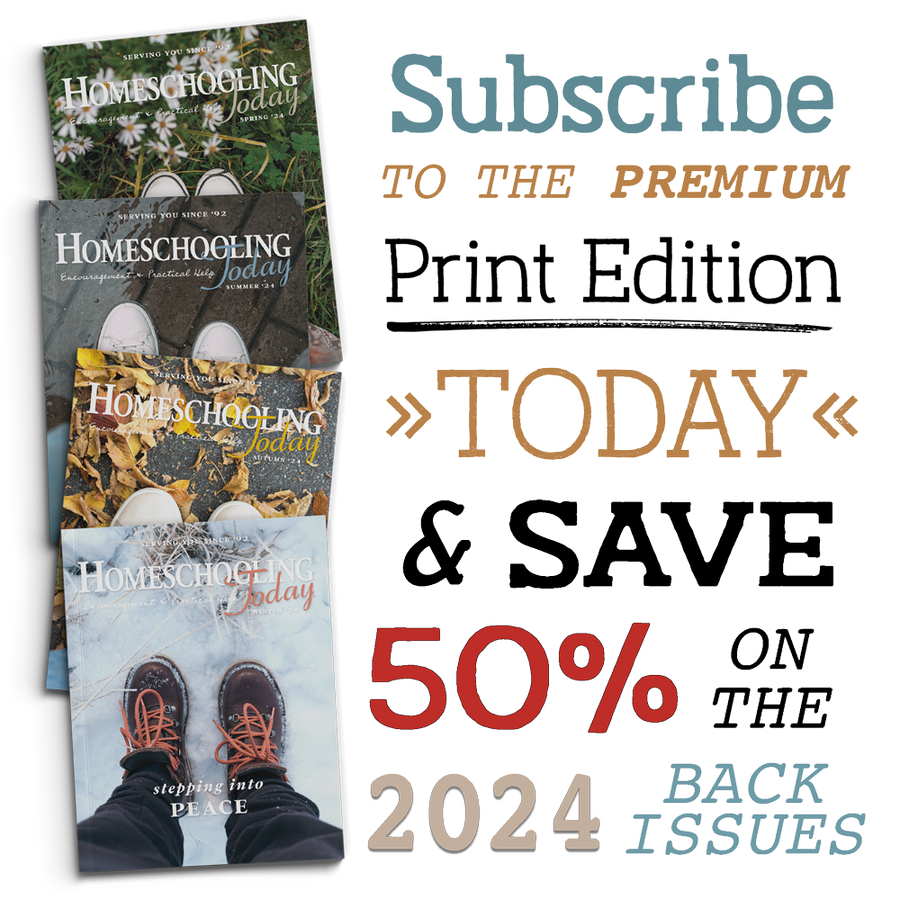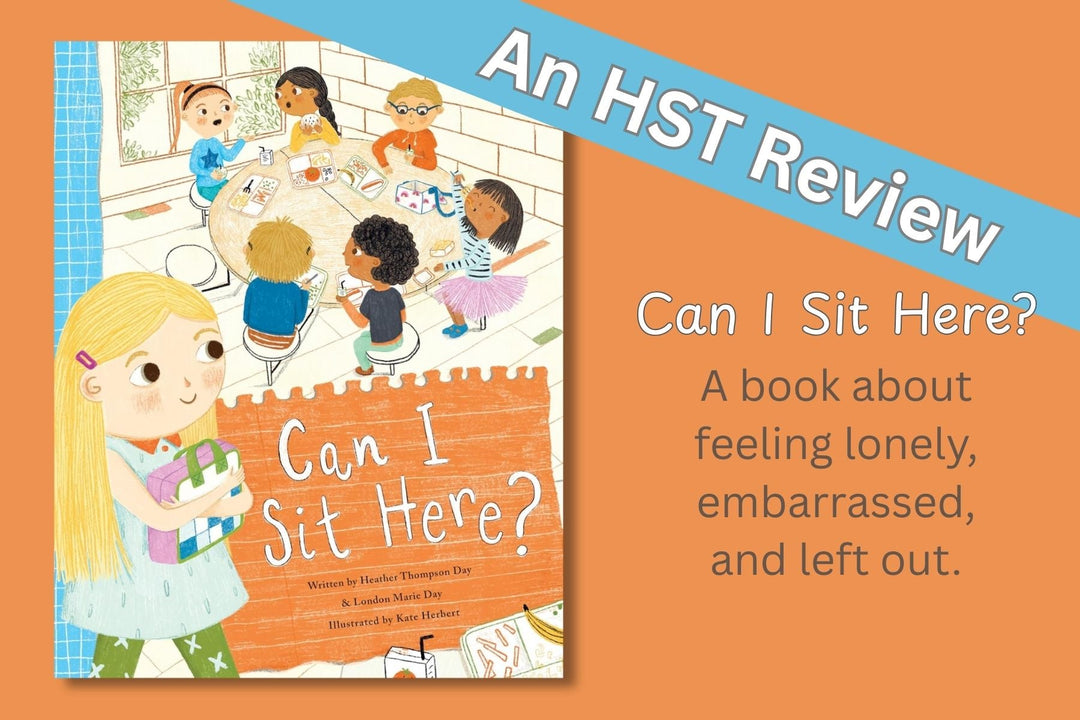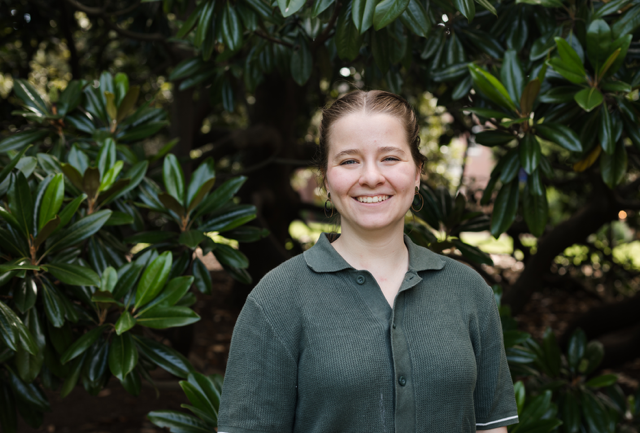Teaching Tips: The Best Ideas to Homeschool Your Children

It's amazing how just one little thing can make a big difference for your kids. That's why we've put together some of our favorite teaching tips so you can add them to your educational tool box.
General Educational Tips
One of the best things you can give your children is the chance to explore. Once those God-given passions are awakened, though, the journey has just begun. Now it's important to provide the resources and time for them to dig deeply. If we pack our kids schedule so full of required coursework, activities, and outside commitments they'll miss out.
Teaching Language Arts & Writing
We are big fans of teaching language arts naturally. Some of our favorite tips for teaching this way come from Dr. Ruth Beechick. She encourages the use of reading aloud, doing copywork and dictation, and giving kids meaningful learning activities such as this one:
Often Dr. Beechick ties writing to thinking skills because as David McCullough says,
Writing is thinking. To write well is to think clearly. That’s why it’s so hard.
Kids need to have their brain "buckets" full in order to write. When we ask children to write about things they don't understand or have never really experienced, we are setting them up for failure. We shouldn't be surprised that they can't come up with anything to say!
So fill the bucket up first, then talk. Ask questions and help your kids think through what they will write before they even begin writing.
Teaching Math
The more senses children can use when learning new concepts, the better! Try this idea from Carlita:
And if you've ever had a child ask, "Why do I have to learn this?" when it comes to math consider incorporating some real-life problems to teach it.
We share more ideas for teaching math in an "out-of-the-textbook-box" way in our Spring 2021 Issue. Check out in the article Being Bold Enough to Teach Math Naturally.
Teaching History
Of course reading biographies is a great way to see the story of history since they are individual's stories. Biographies are excellent for another reason too as Debbie explains.
Then students can connect these stories by using a timeline. But keep the timeline simple!
Teaching Science
When you begin to study a new topic in science (or any subject for that matter!), ask your kids what questions they have about it. Asking questions can help direct their learning, but that's not the only thing. You may find they have new questions.
Once you have a list of questions, provide your kids with the opportunity to do experiments and hands-on activities. Experiments will let them pose questions, come up with ideas about the answers, and then test those ideas out. They can either design their own experiments or choose from a variety you'll find in books or online.
Now It's Your Turn!
What's your best teaching tip? We'd love to hear it in the comments!












